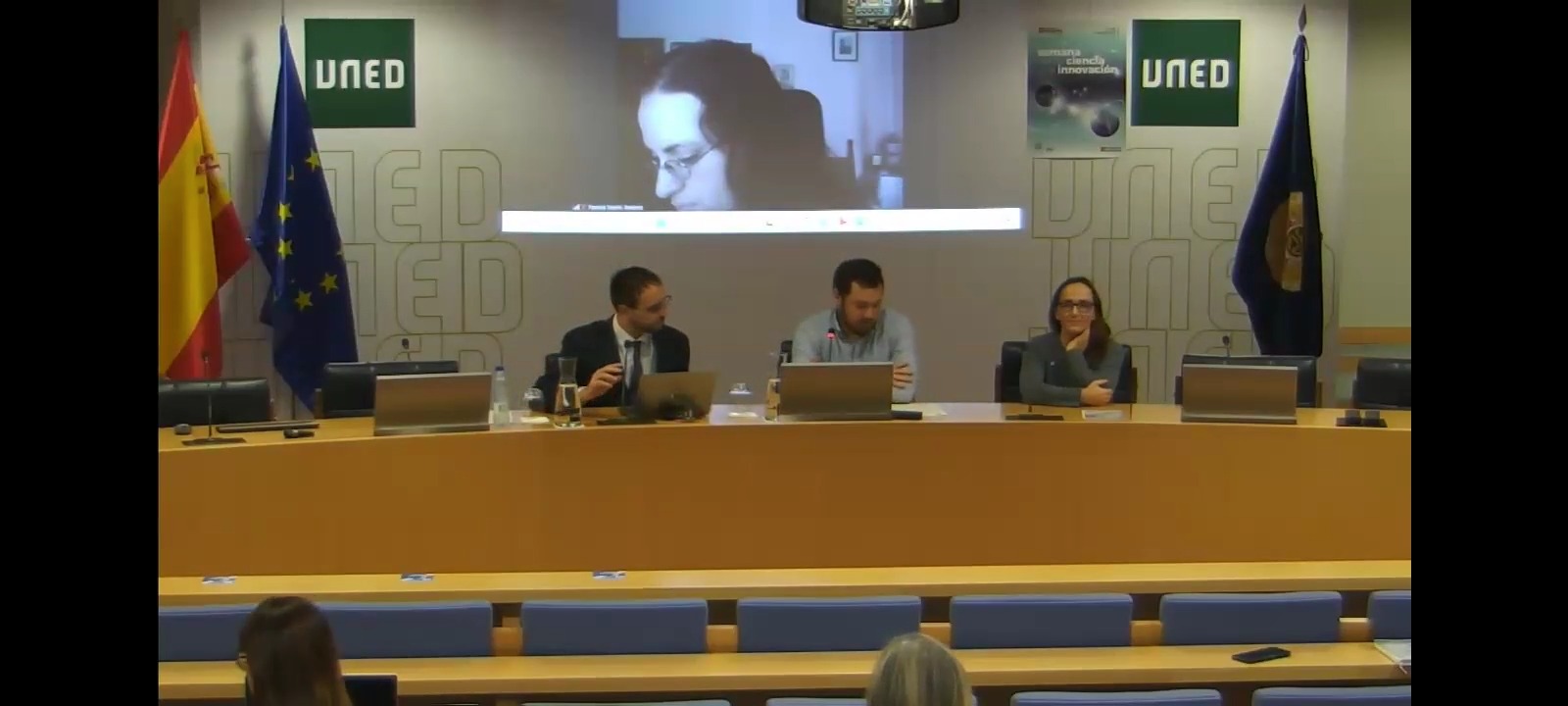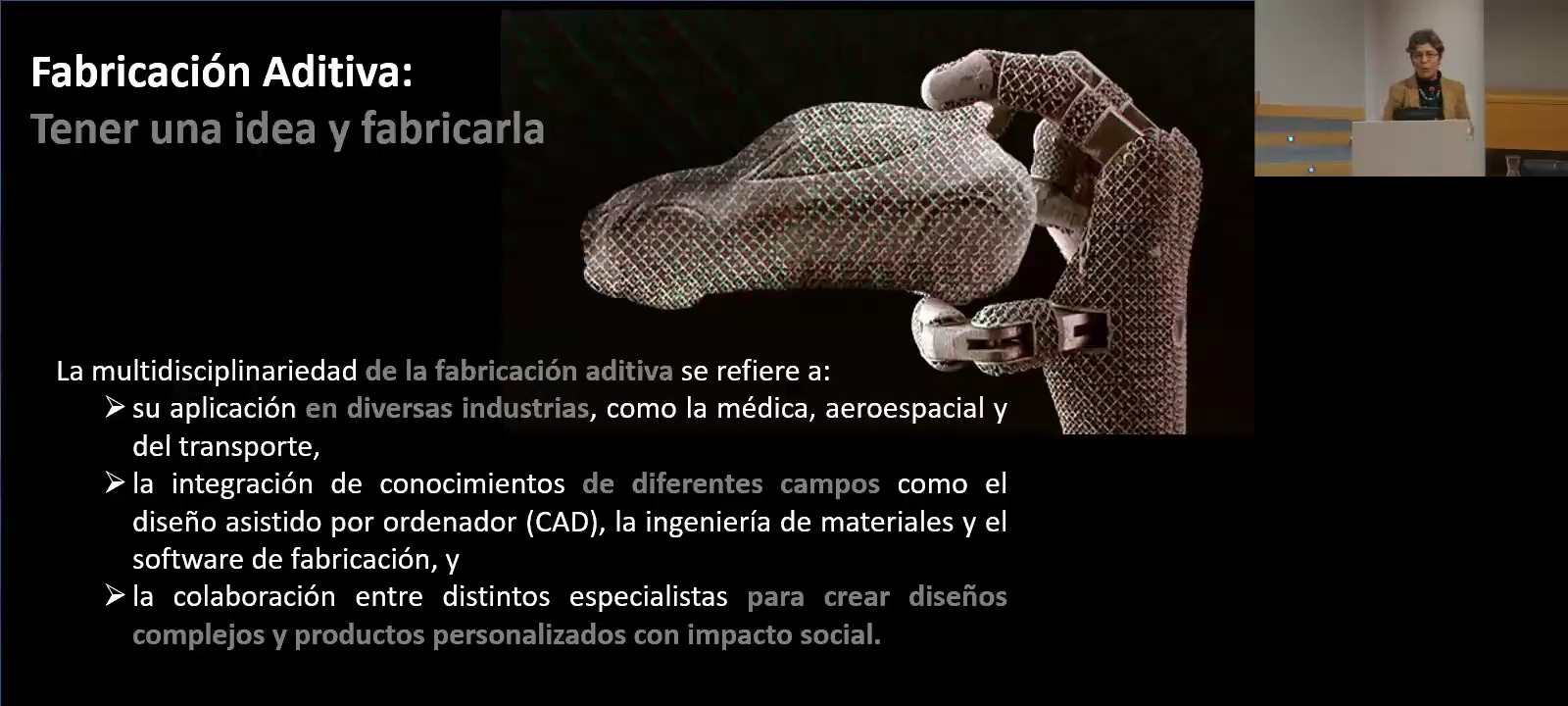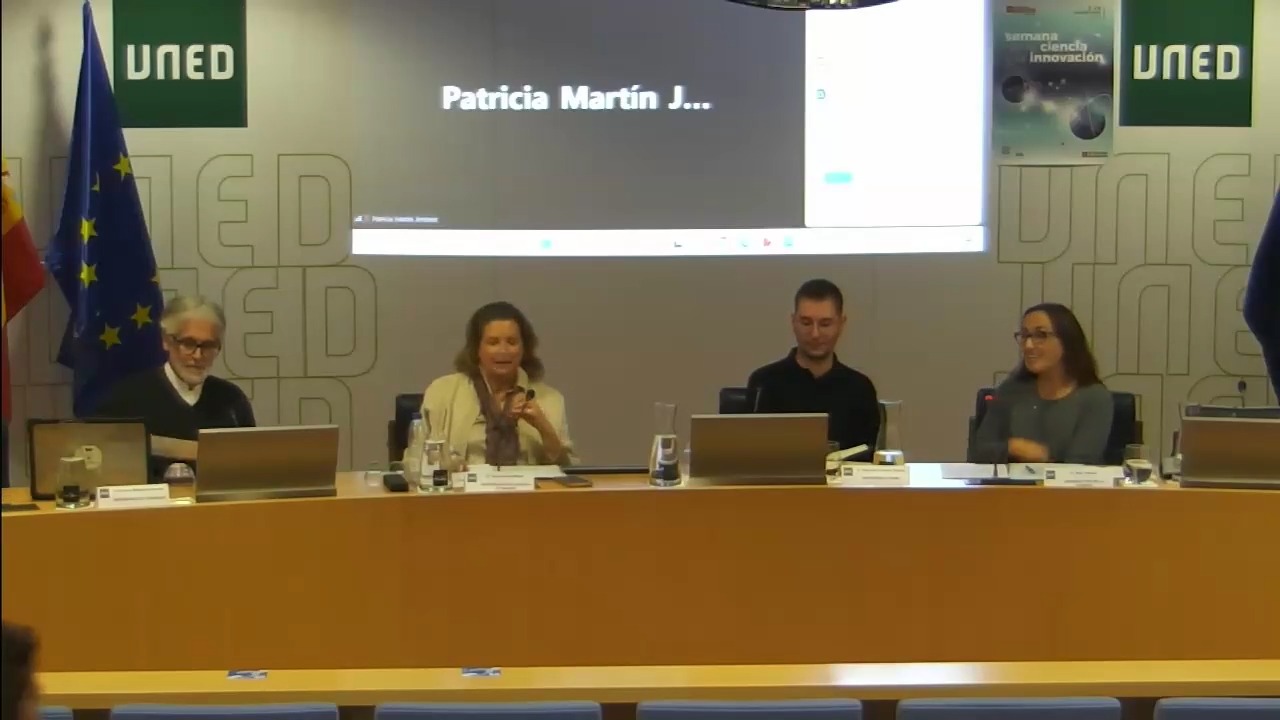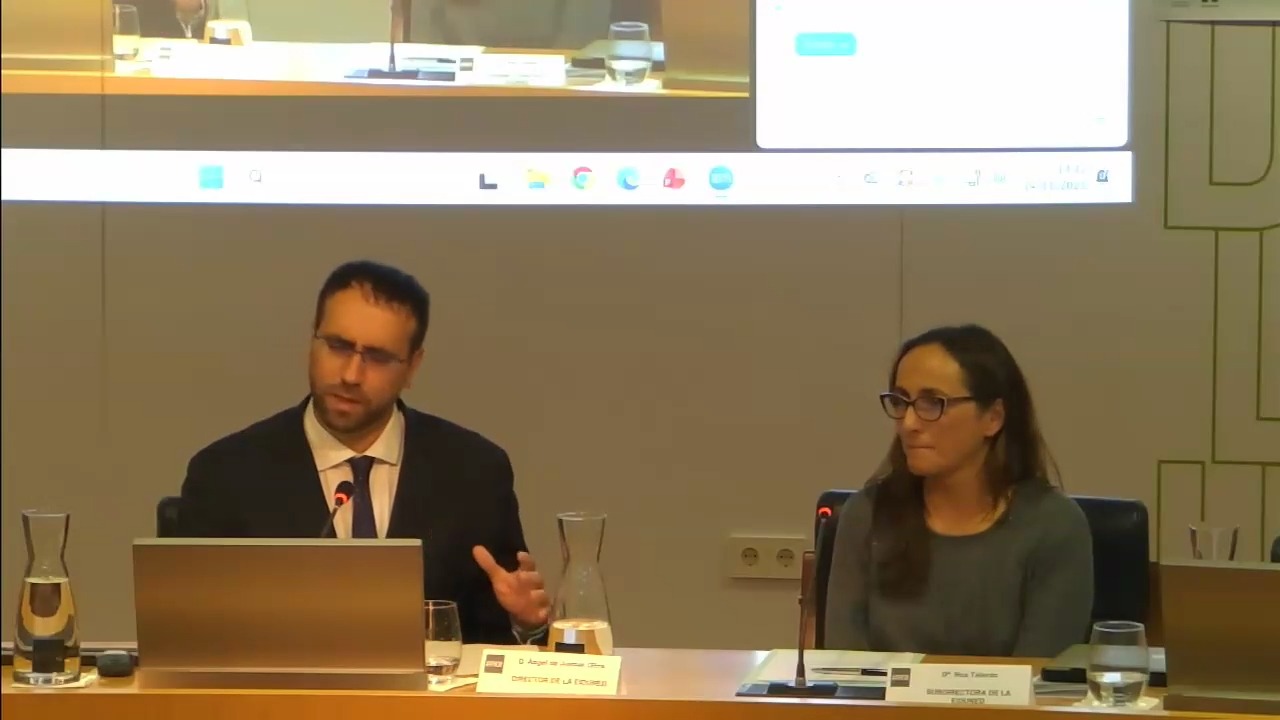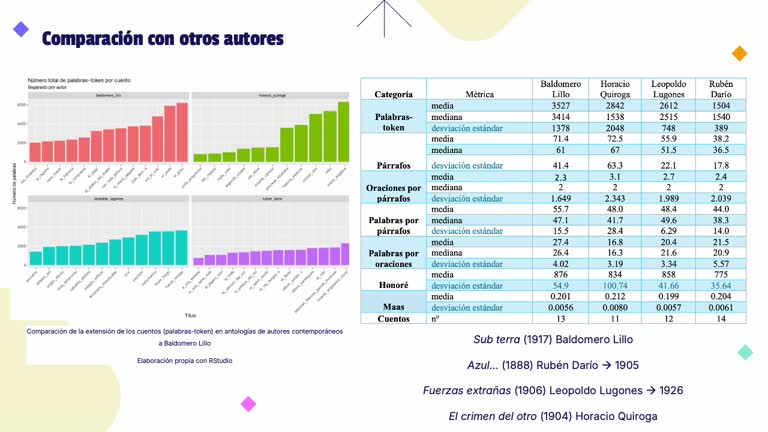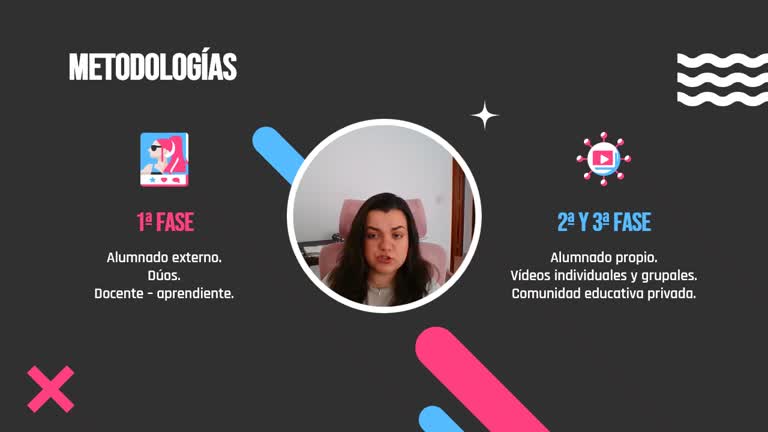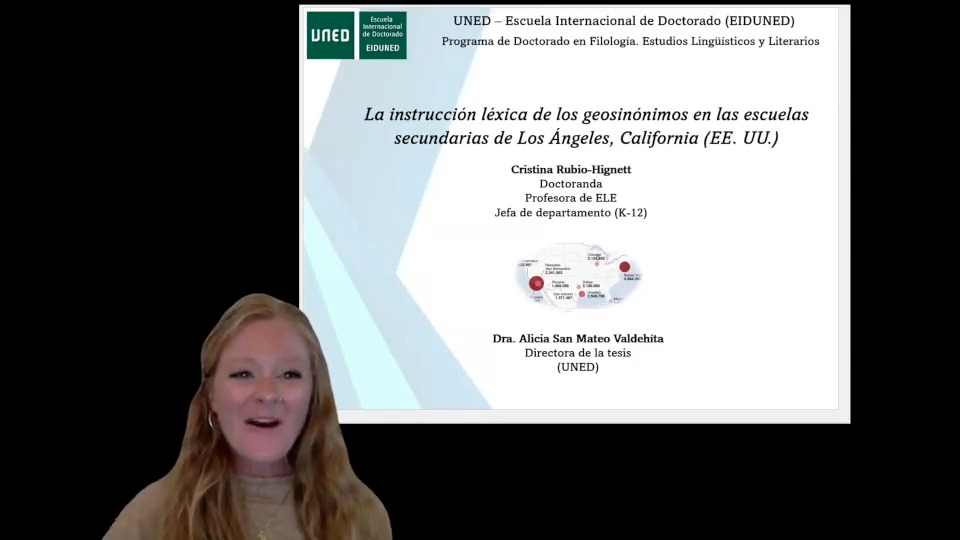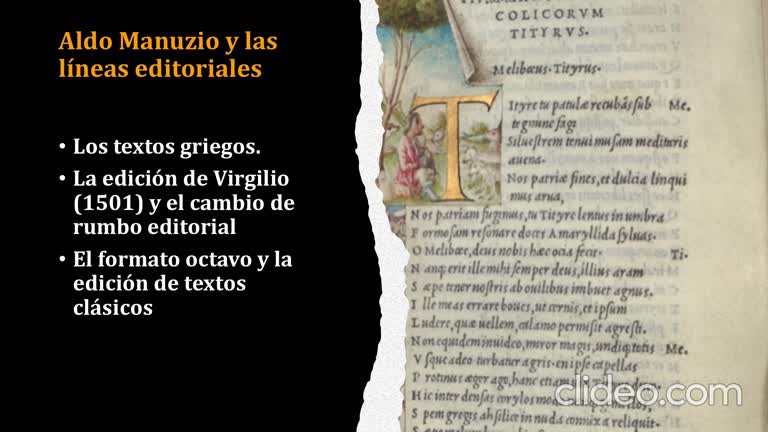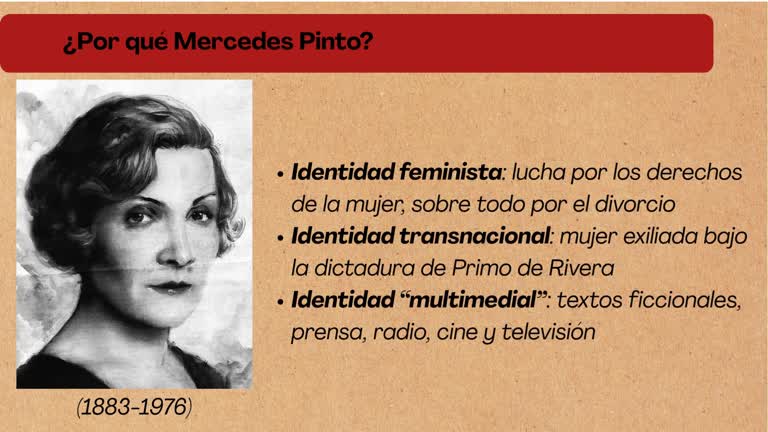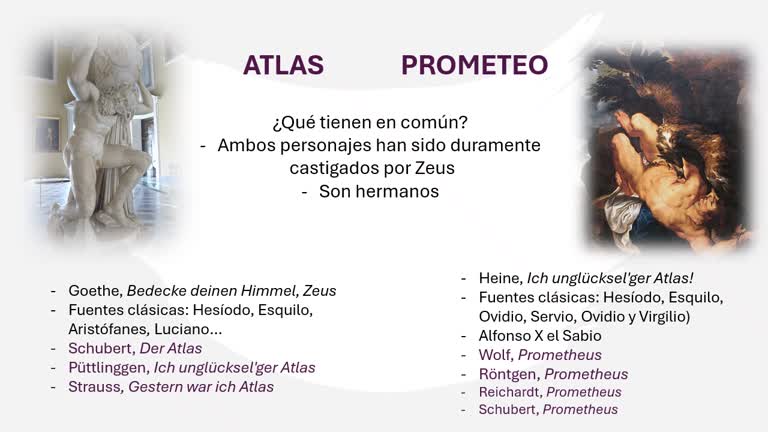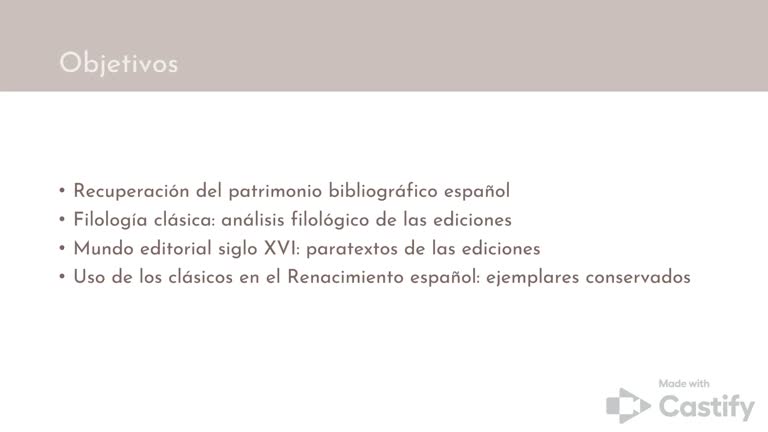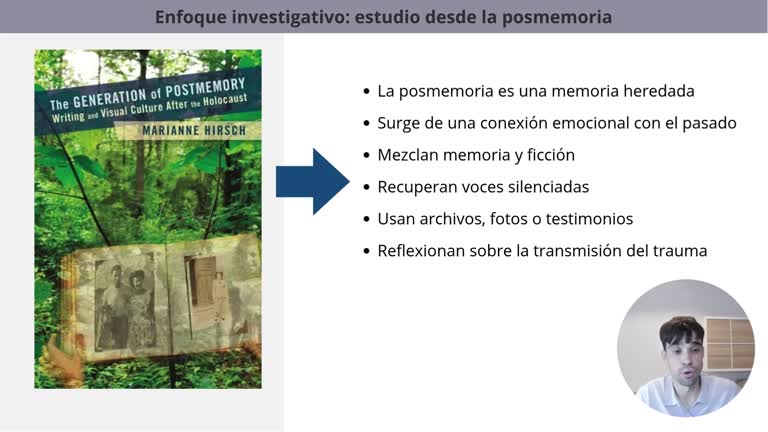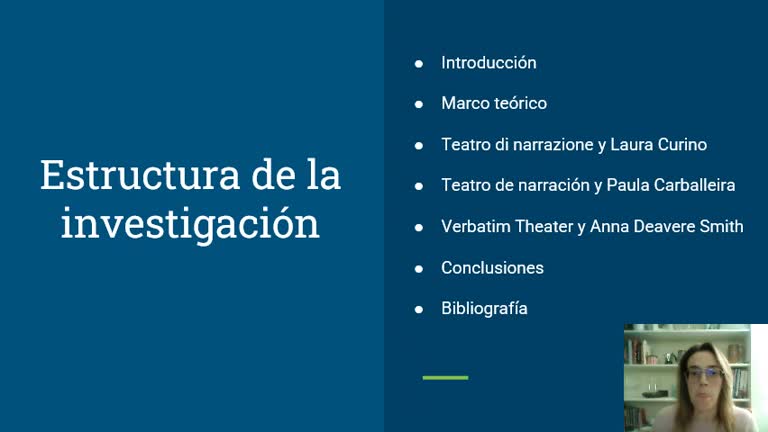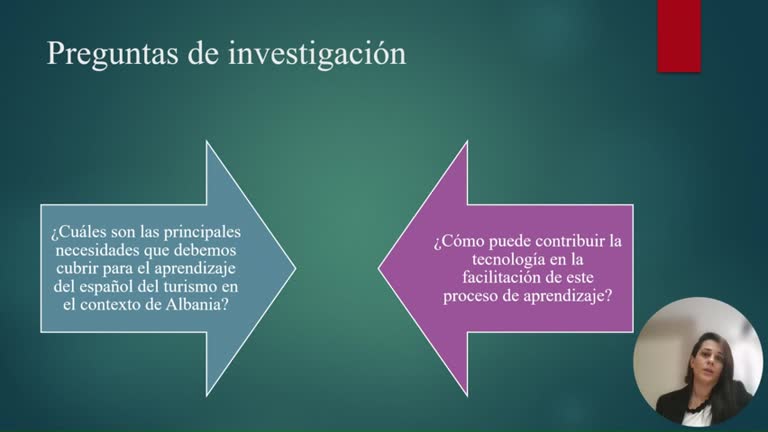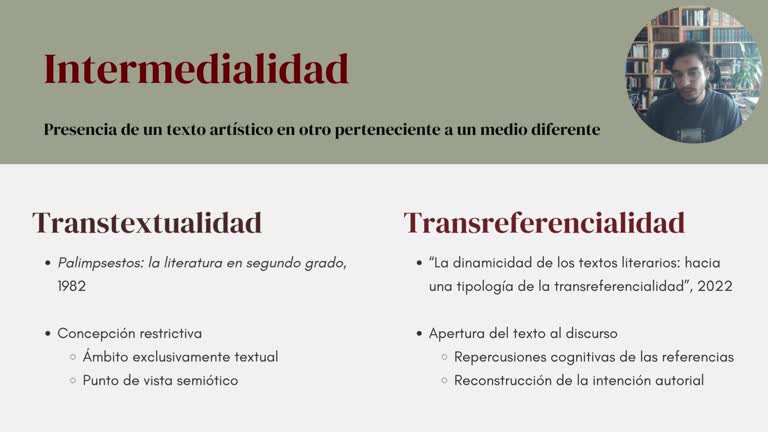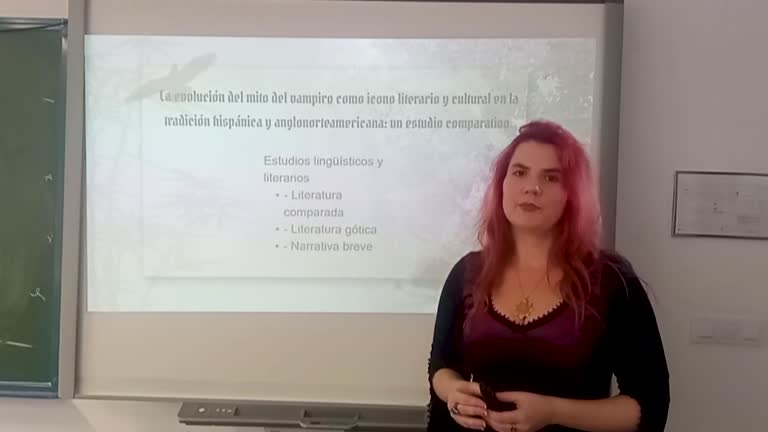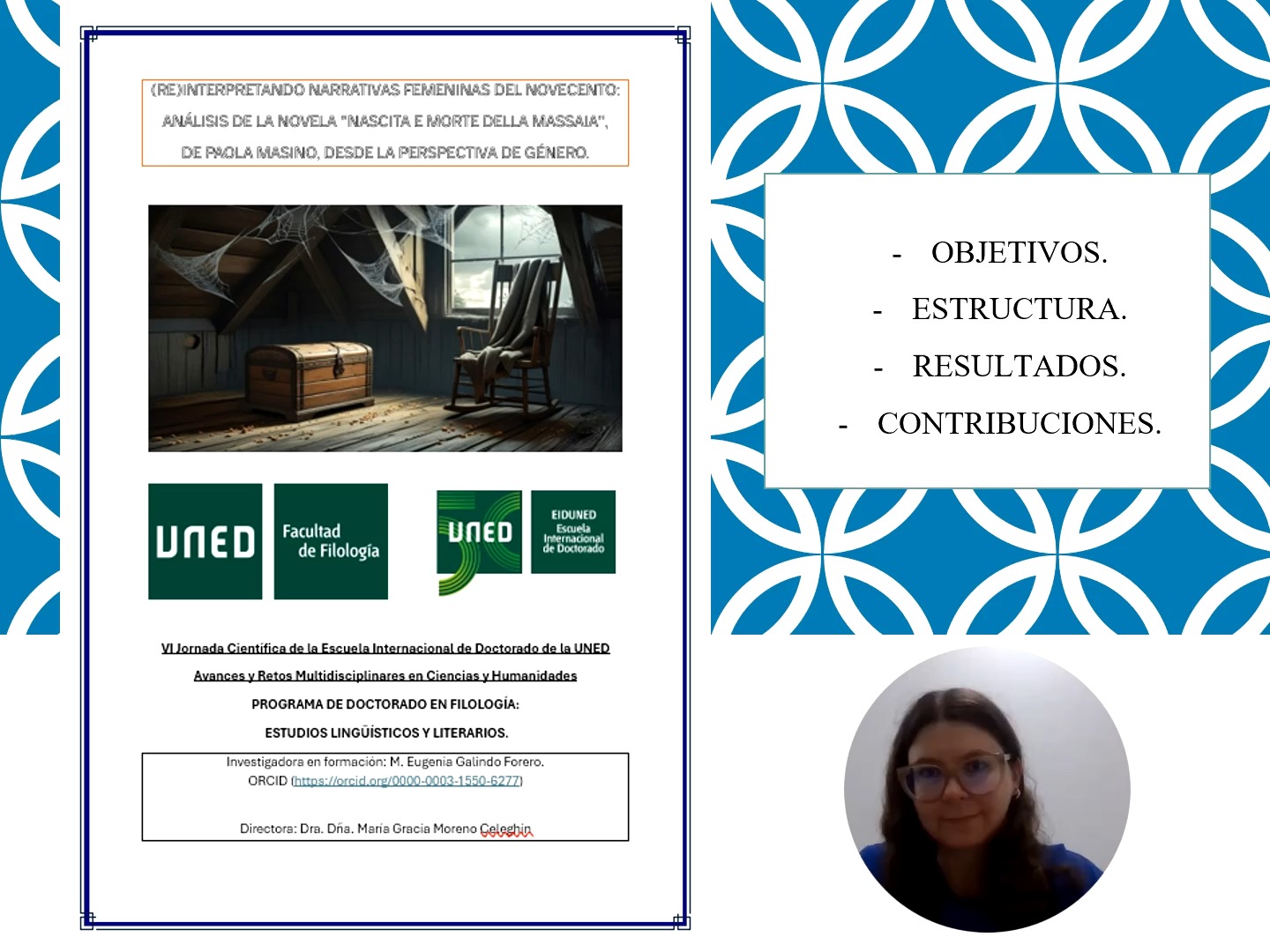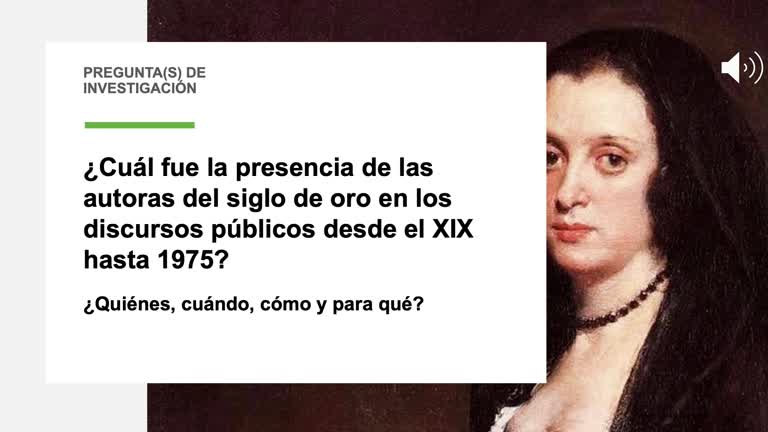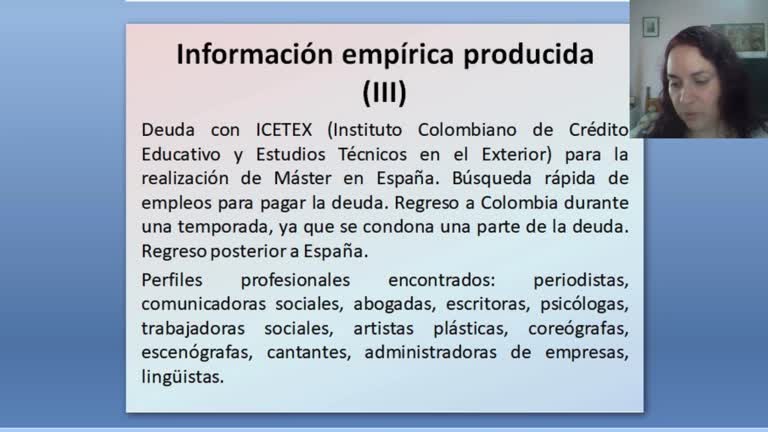Collective trauma, fusion and rituals
Programa de Doctorado en Psicología
Collective Trauma/Social Psicologia.
This paper aims to highlight a crucial but less explored aspect of collective trauma: the connection between collective trauma, identity fusion, well-being, and the role of rituals. Although trauma is inherently destructive, meaning can often emerge unexpectedly from disaster (Frankl, 1959/1976) and is supported by sense-making processes (Davis et al., 1998). Healing from collective trauma may contribute to shaping a national narrative (Alexander et al., 2004), fostering a sense of identity (Canetti et al., 2018), and developing cognitive frameworks that help secure the group’s safety and well-being, as well as providing guiding values for the future (Bar-Tal and Antebi, 1992; Hirschberger et al., 2017). Thus, the implementation of cultural rituals following collective trauma may aid in constructing various components of meaning and social identity, such as purpose, values, efficacy, and collective worth (Vignoles et al., 2006).
Much of the theory and research presented in this paper focus on the period from 1975 to 1999 in Timor-Leste, specifically the extreme collective killings following Timor-Leste’s independence. Based on the notion that every specific trauma is unique but the lessons derived can be universal, this paper discusses the common long-term consequences of different forms of collective trauma, the use of rituals, and collective recovery. Using a quantitative survey methodology, we explore how the degree to which members are fused with their families, community/village, and country predicts their well-being and their use of rituals.
Nombre de los/as Directores/as de la Tesis doctoral: Alexandra Vazquez.
-
Loyda Santolaria Navarro Estudiante de doctorado. UNED


